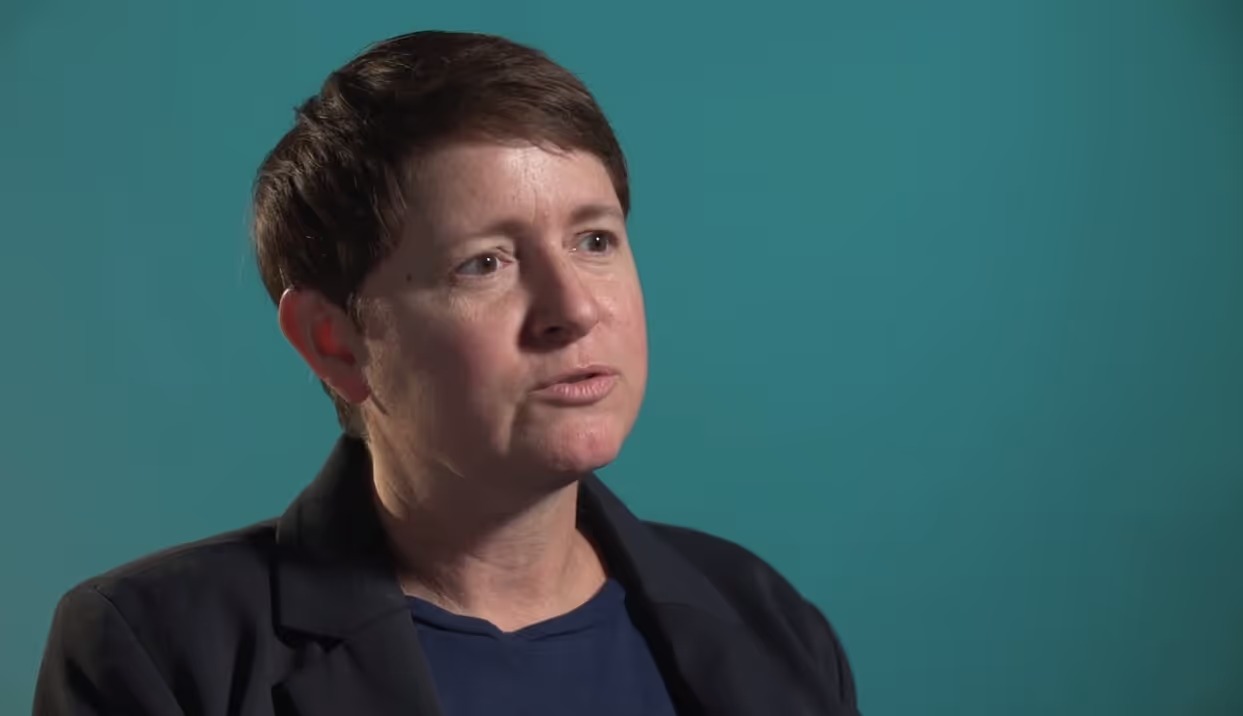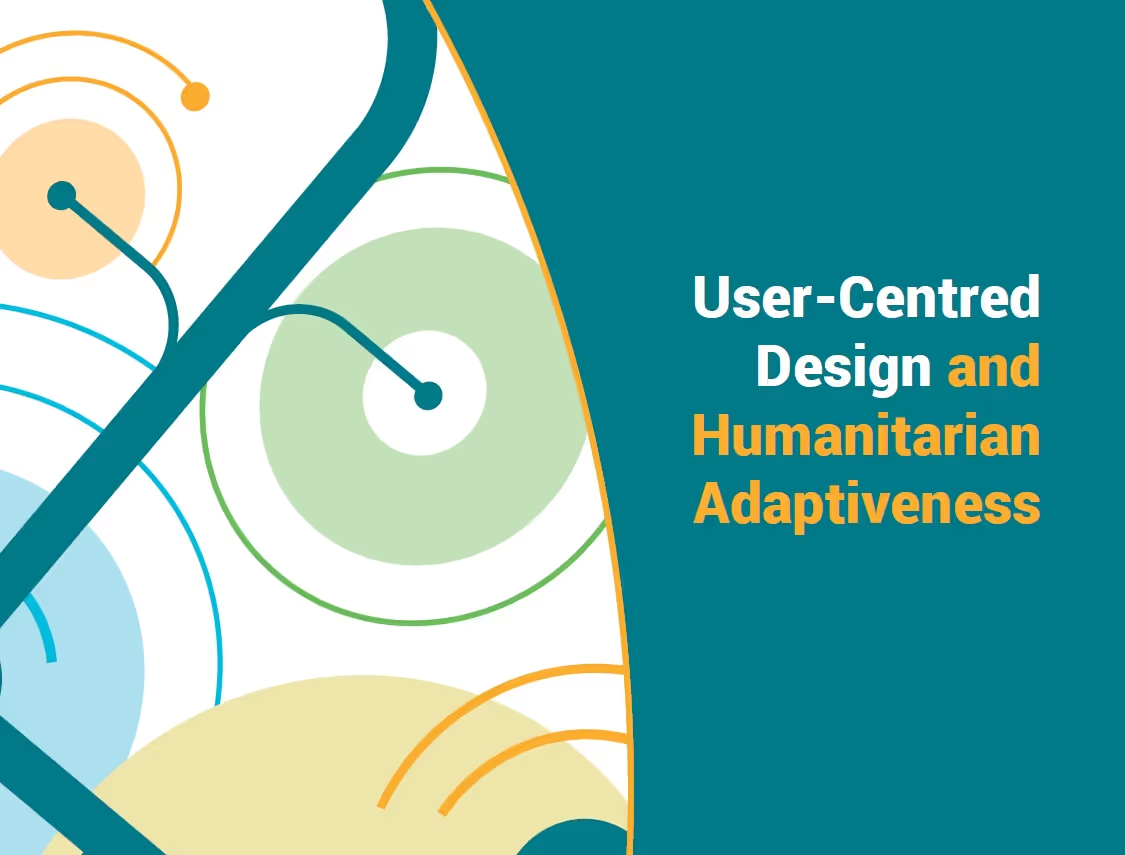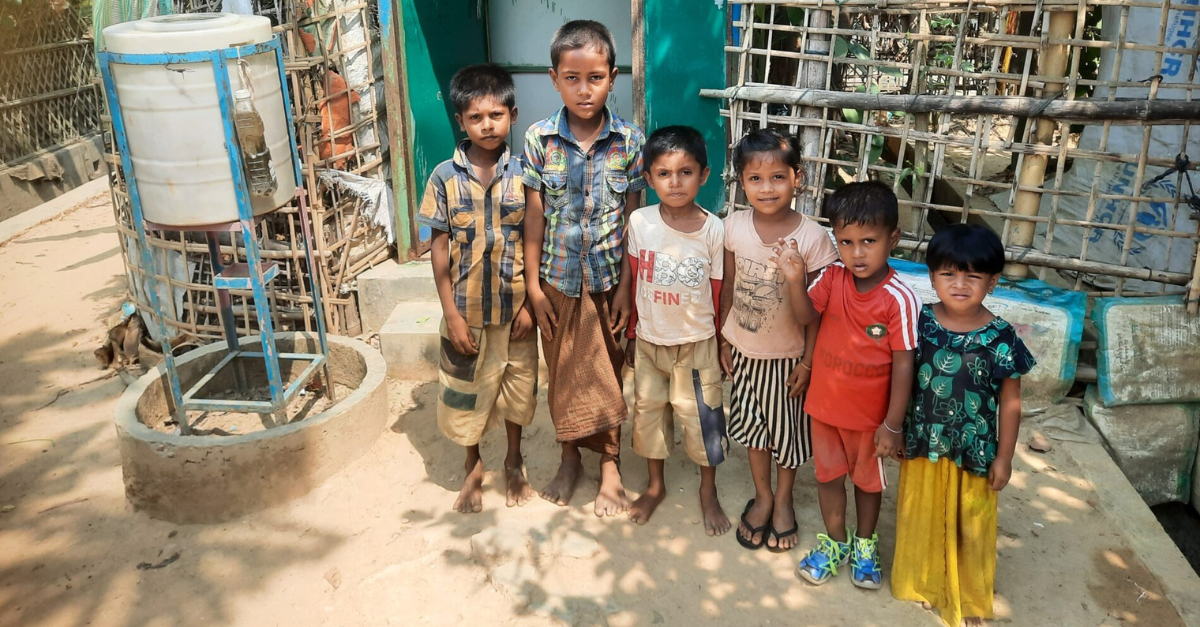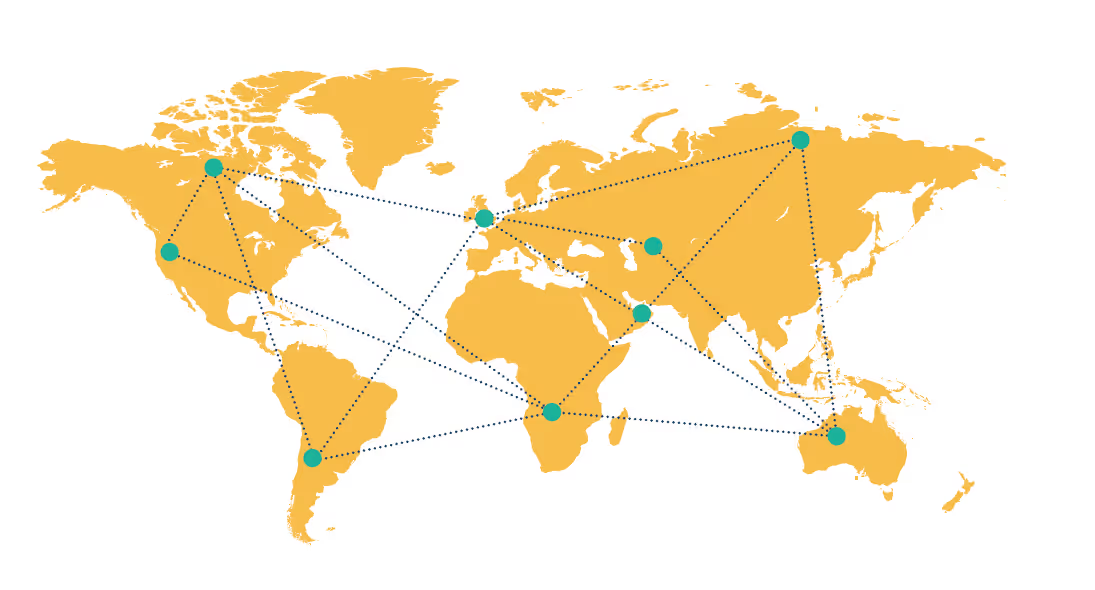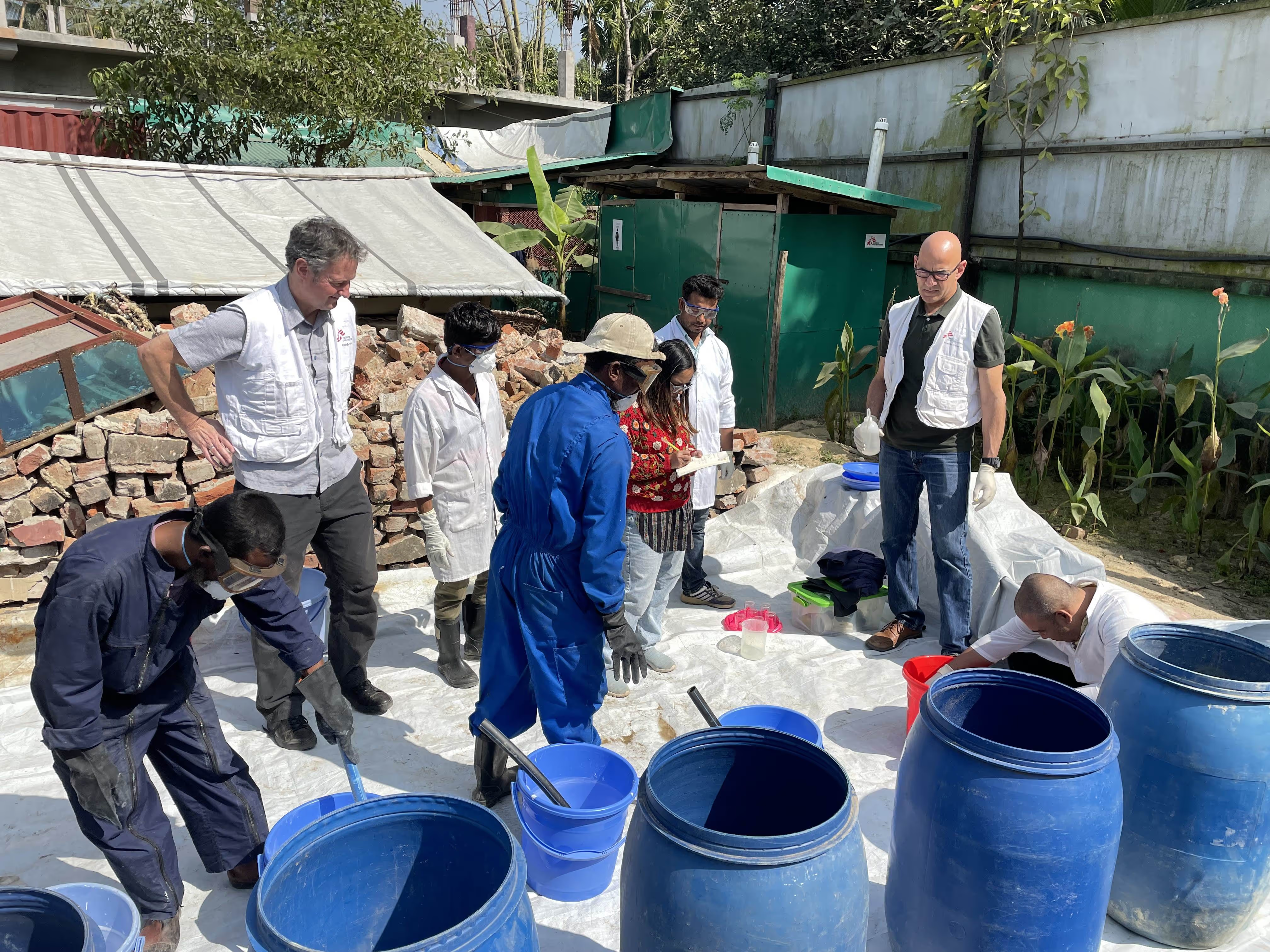Water, Sanitation and Hygiene (WASH)
We identify the most pressing humanitarian challenges in WASH and design innovation challenges to find and support the right solutions.
In 2013, we began our work in WASH with a bold ambition: to identify and prioritise key problems in the field and to find and nurture innovative solutions to address these at scale. To date, we’ve supported more than 40 innovation projects or research studies in this area.
Our projects collectively address some of the most pressing challenges faced by humanitarian WASH practitioners globally. Together, we’re looking for what works. We’re seeking out innovation potential and creative problem-solving. And we’re supporting rigorous testing and evidence-building that drives progress in humanitarian response.
Why Wash?
Limited access to clean water and poor sanitation are drivers for the spread of diarrhoeal diseases – a critical challenge during crises.
These diseases account for more than 40% of deaths in the acute emergency phase, and for 80% of deaths in children under the age of two. Girls and women are particularly affected by a lack of well-designed latrines and access to safe water. We know that more needs to be done.
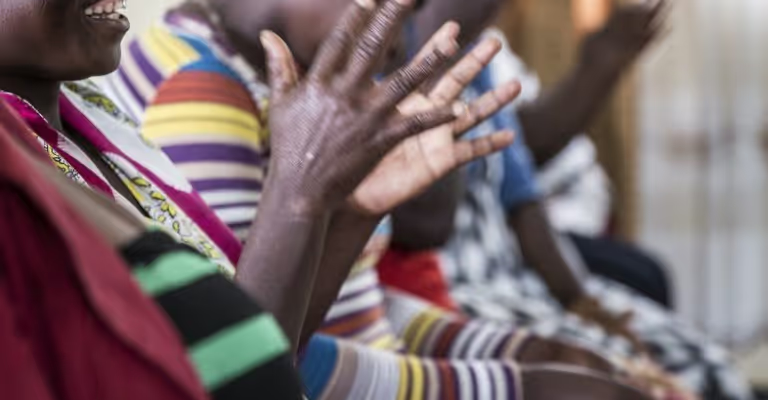
What we do
We have driven progress in humanitarian WASH by defining the most pressing problems, developing the right solutions, distilling our findings and driving positive change.
1.
Identify and explore problems - we conduct in depth research on the most pressing gaps in WASH programming where innovation can really have an impact.
2.
Design innovation challenges - equipped with this knowledge, we design innovation challenges that can address these complex challenges and break down the barriers that stop people accessing WASH services.
3.
Fund and support innovation - we take a flexible, ethical and collaborative approach as a donor. We know that innovation takes time and support our projects to continually assess their work and pivot if needed to get the best result.
4.
Distil evidence of what works - we work with our grantees to create and share practical tools and guidance based on the evidence of what works.
5.
Empower the humanitarian community - once armed with this evidence and guidance around what works, we collaborate with the right people to drive adoption and change in the humanitarian system.
Featured WASH resources
Explore our most impactful publications and tools
What we fund in WASH
Explore the groundbreaking projects that Elrha supports across the globe. From health innovations to disaster risk reduction, our funding drives impactful solutions in humanitarian contexts.

WASH research agenda
Water, sanitation and hygiene in humanitarian crises: Setting the research agenda up to 2030
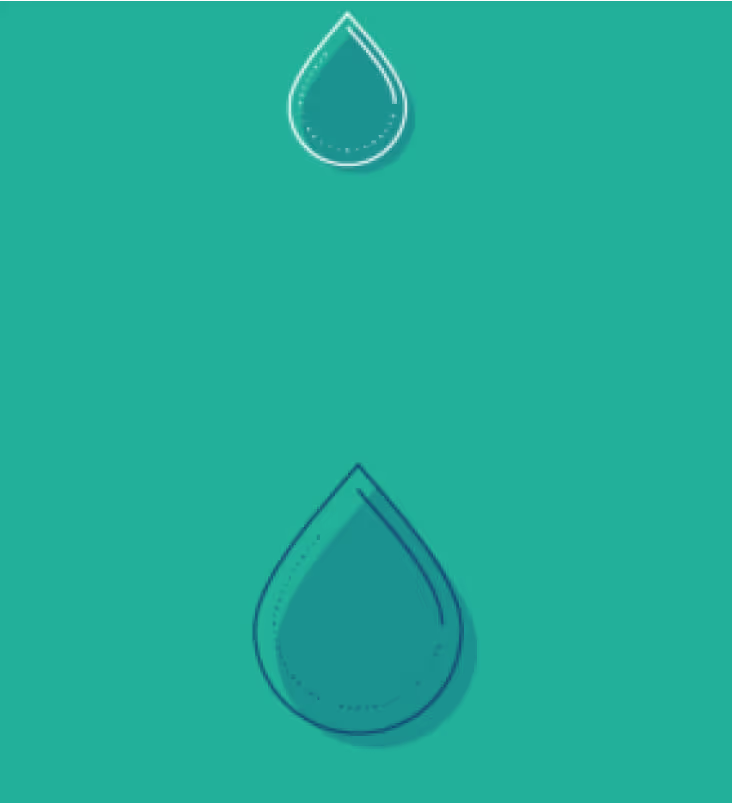
- Image courtesy of [Photographer/Artist Name]
- Image courtesy of [Photographer/Artist Name]
